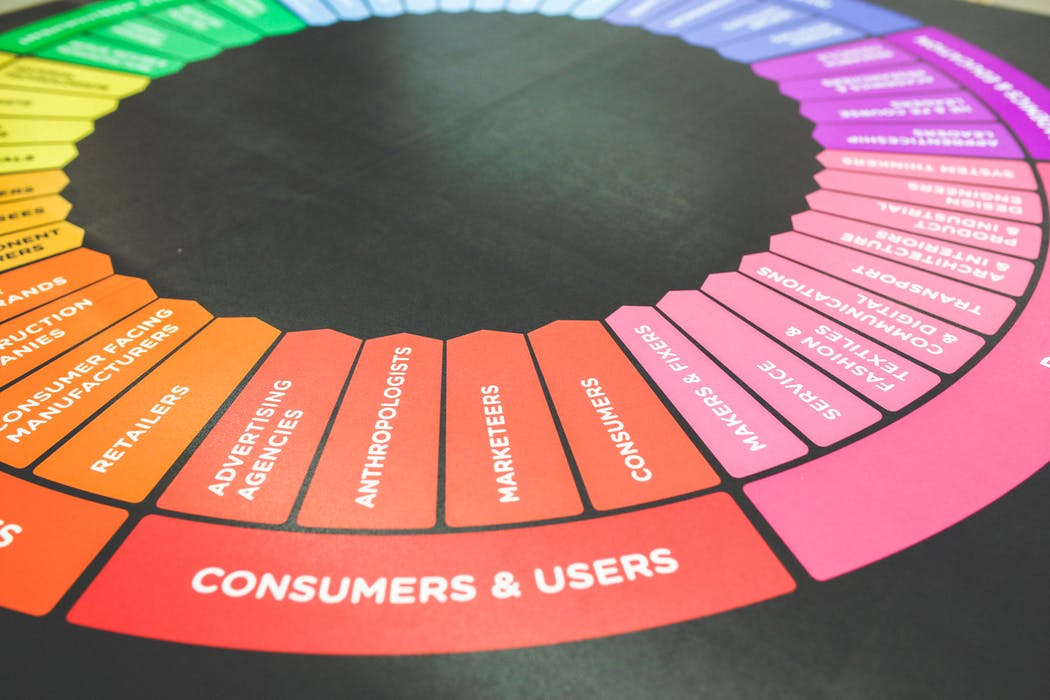
07 Mar P is for Passé
The game is up and I’ve got a confession to make. I’m not qualified in Marketing.
I have never been to an academic lecture on marketing, never studied it into the wee small hours under the harsh glare of an anglepoise lamp and have never achieved any qualifications in the subject. Literally none.
On the other hand, I do have a City & Guilds Master of Design qualification, a BA Honours Degree in Visual Communication and a pretty successful 32 year bluffers career in Marketing.
The latter has seen me help create effective and measurable communications campaigns and brand strategies for literally hundreds of different companies and brands, proving that the lack of formal qualifications really does matter that much. Why? Because I believe, that marketing really is all about the application of basic common sense and an appreciation and understanding of what is happening right now in the world.
When, thanks to Edmund Jerome McCarthy, Marketing became a thing in the 1960’s, there wasn’t really an appreciation of what we now term Marketing Strategy. It was just the 4 Ps:
Product, Price, Place, Promotion.
Pretty simple stuff, we’d all agree. But by the time I’d started as the first creative hire / fourth employee at The Leith Agency in 1986, this had morphed into the 7 Ps:
Product, Price, Place, Promotion, People, Process, Physical Evidence.
But still little, or no mention of Marketing Strategy.
A few years on from that, around the time I was founding my agency 1576 Advertising in 1994, we collectively became aware of a shift towards the importance of the customer and the need to target them more specifically. And around this time that as an industry, we started to focus on longer term planning rather than just focusing on short term tactical executions.
Marketing Strategy was being born.
Today the Marketing landscape is far more complex than ever before thanks to the proliferation of new media channels and emergent technologies. The old P models are no more up to speed with these changes than a quaint circular dial phone or a noisy fax machine are in today’s world.
Marketing Strategy governs everything, or at least it should.
Disappointingly, many companies, brands and agency owners get fixated by short term use of technology, rather than a long term investment in how a blend of strategic thinking and usage of the right channels can bring about meaningful customer engagement and tangible sales results.
To sense check that a Marketing Strategy is going to be effective we need to look to a new model. One that unifies traditional and modern marketing techniques and harnesses the power of emergent technology and the insights that can be gleaned by mining the data they provide.
The Ps simply can’t cut it anymore and it’s time to preach and practice something else. (Although sadly less memorable).
Marketing Strategy (What’s the overall plan for reaching people and turning them into loyal customers?)
Market Analysis (What is happening within the competitive landscape?)
Customer Insights (What do we know about how consumers are thinking and doing?)
Brand & Value (Have we got a robust and attractive brand and are people likely to pay for it?)
Segmentation & Targeting (How to we get to the right type of audiences, rather than just going for a blanket approach?)
Customer Experience (What are our audiences going to experience when they come into contact with our product or service?)
Promotion (How are we going to tell people about our product or service?)
Availability (Where and how will customers be able to access our product or service?)
Measurement (How are we going to drill into the data we have accumulated and use it to build even more effective future campaigns and strategies)
At the time of writing, my son is studying Business at Exeter University and they are still teaching students about the 4 and 7 Ps. This reminds me of when I was in my final year at Edinburgh College of Art and our new first generation Apple Mac sat unused in its own room for two months. No-one had ordered a mousemat.
Technology is providing wonderful tools for Marketing and marketers to be even more powerful within the organisations that they work for. If Marketing spend can become demonstrably more efficient and increasingly more justifiable, then who knows? It may not be too long before we see far more CMOs become CEOs.
But right now it’s time for a P break.
